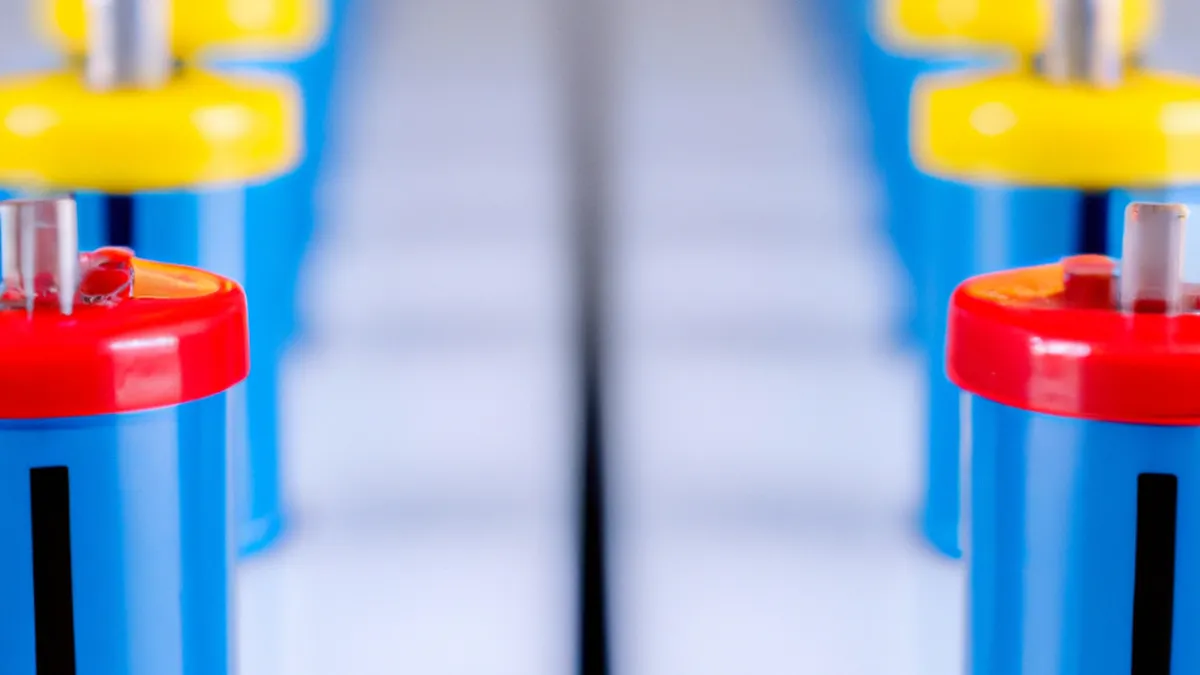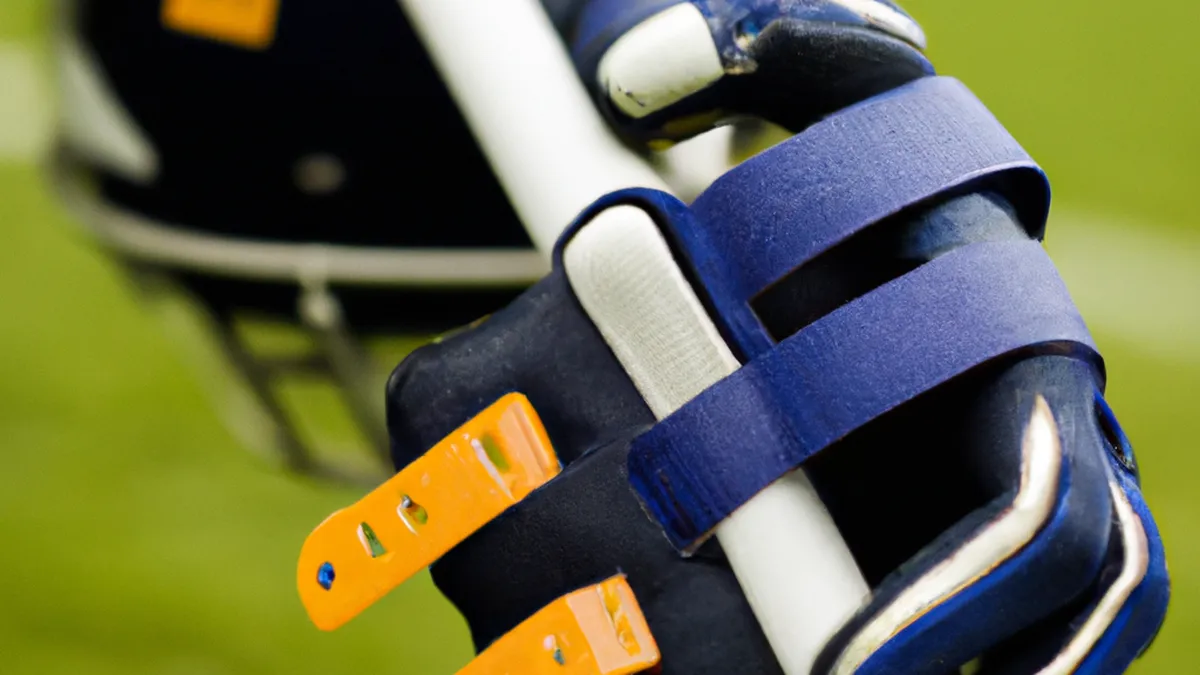Listen to Your Body: Signs You Need Rest
Recovery Protocols After CompetitionsCompeting in sports exhilarates athletes. They push limits, test skills, and often exert themselves entirely on the field or court. However, competition intensity can significantly impact the body. Effective recovery becomes crucial for athletes wanting to perform well in future events. This blog explores essential recovery protocols after competitions, emphasizing their significance and offering actionable strategies.
Importance of Recovery
Recovery involves a systematic approach to restoring the body and mind after strenuous activity. Proper recovery enhances performance and reduces injury risk, allowing athletes to compete at high levels. Ignoring recovery can lead to burnout, fatigue, and decreased performance. Effective recovery strategies are vital for sustained success in any sport.
The Physiological Impact of Competition
During competition, athletes face muscle strain, energy depletion, and increased lactic acid levels. They may also experience dehydration and minor injuries. Recovery protocols help restore the body, preparing it for the next physical exertion.
Tips for Effective Recovery
As an Amazon Associate I earn from qualifying purchases.
Gear tip: consider electrolyte mix, soft flask, and hydration tablets to support this topic.
Hydration
Hydration is a crucial first step in recovery. Athletes lose fluids through sweat, risking dehydration. Replenishing lost fluids aids optimal recovery. Drink water or electrolyte-rich beverages to restore balance. Consume 16-24 ounces of fluid within two hours post-competition. Monitor urine color; light yellow indicates adequate hydration, while darker urine signals a need for more fluids.
Nutrition
Post-competition nutrition significantly impacts recovery. Consume a balanced meal within two hours of finishing an event. Focus on carbohydrates and protein. Carbohydrates replenish glycogen stores, while protein supports muscle repair. For example, grilled chicken, brown rice, and steamed vegetables offer balanced nutrients.Consider quick snacks like smoothies, protein bars, or yogurt for immediate recovery. Antioxidant-rich foods, such as berries and leafy greens, help reduce inflammation and oxidative stress from intense activity.
Active Recovery
Incorporate light, low-intensity activities into your recovery routine to enhance recovery. Active recovery promotes blood flow, removing metabolic waste and delivering nutrients for repair. Activities like walking, cycling, or leisurely swimming are excellent options. Aim for 20-30 minutes of these activities.
Conclusion
In summary, recovery remains essential after competitions. Implement hydration, nutrition, and active recovery strategies to enhance performance and longevity in sports.
Below are related products based on this post:
FAQ
Why is recovery important after competitions?
Recovery is crucial as it helps restore the body and mind after strenuous activity. It enhances performance, reduces injury risk, and prevents burnout and fatigue, ensuring athletes can compete at high levels consistently.
What role does hydration play in recovery?
Hydration is a vital first step in recovery because athletes lose fluids through sweat during competition. Replenishing lost fluids with water or electrolyte-rich beverages aids in optimal recovery and helps restore balance in the body.
How can nutrition aid in recovery after a competition?
Post-competition nutrition significantly impacts recovery by replenishing glycogen stores and supporting muscle repair. Consuming a balanced meal with carbohydrates and protein within two hours of finishing an event is essential for effective recovery.















Post Comment